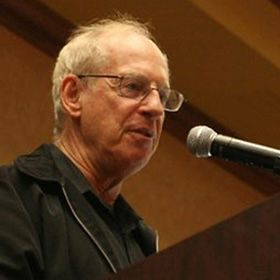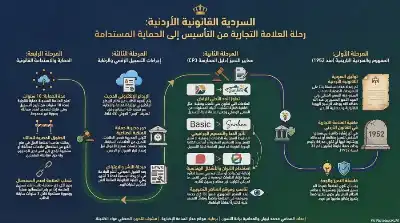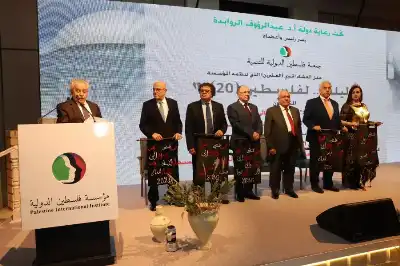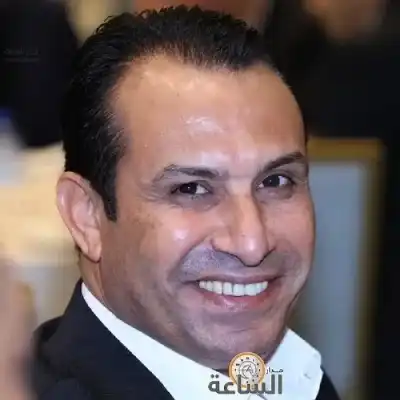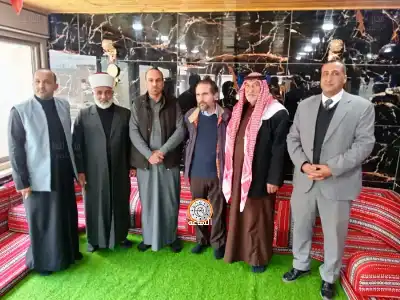The Department of English Language and Literature at the University of Jordan organized a distinguished virtual academic session for graduate students in the field of linguistics. Dr. Abd el Rahman Al Takhaineh hosted the renowned linguist, Professor Stephen Krashen (Professor Emeritus at the University of California), one of the world’s leading figures in the field of language acquisition, with over 139,000 citations to his work. Krashen is regarded as one of the most influential scholars in this domain, having introduced groundbreaking theories, most notably the "Input Hypothesis."
The virtual session opened with a welcoming address by Dr. Abd el Rahman Al Takhaineh, course instructor and Vice Dean for Quality and International Accreditation, who emphasized the significance of this meeting as a unique opportunity to interact with such a distinguished academic figure.
PhD student in linguistics, Orouba Al Muheisen, played a pivotal role in the session by introducing the esteemed guest. Her well-prepared introduction shed light on Krashen's remarkable contributions to linguistics and language acquisition, setting the stage for the insightful lecture.
The session saw extensive participation from PhD and Master’s students from the University of Jordan’s Department of English Language and Literature, as well as students from other Jordanian universities. The lecture centered on the "Input Hypothesis," a cornerstone concept in the study of second language acquisition. During the lecture, Krashen presented his insights on the importance of comprehensible input and its essential role in developing language skills among learners. He also discussed the relationship between the surrounding linguistic environment and the learner, explaining how this environment can positively influence the learning process.
The session was marked by enthusiastic interaction, as students eagerly posed questions and shared their thoughts with Krashen, who praised the participants’ high level of engagement and research interest.
The session concluded with expressions of gratitude and appreciation for Professor Stephen Krashen for accepting the invitation and sharing his invaluable expertise, which provided the attendees with a deeper understanding of language acquisition and its practical applications in both research and education.


